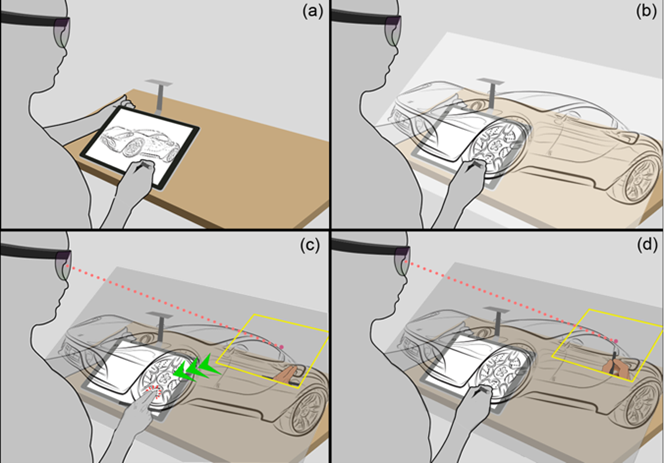3,5 million NOK grant to Human-Computer Interaction (HCI)
HCI got it's application for funding granted and will be awarded 3,5 million NOK. The money will go to the project Enabling equipment for research excellence in Human-Computer Interaction (HCI).

Main content
A big win
The Department of Information and Media Studies, in cooperation with a handful of departments and centers at University of Bergen, and under the leadership of Prof. Morten Fjeld, has been granted 3.5 million NOK for the project "enabling equipment for research excellence in Human-Computer Interaction (HCI)".
HCI has become the key factor in our digitalized society. Everyday human and digital activities are fully integrated and determine the way we communicate, create, think, and act. Understanding the interaction between humans and computers, and mastering it is vital to successful sustainable development of nearly all sectors of an increasingly digital society, including such critical research areas as health, education, energy, digital media, and governance.
Infrastructure is key to advancing science
The infrastructure granted will allow to build and foster world-class research lab facilities at the University of Bergen and to develop cross-disciplinary academic community. Key components in the research lab foreseen include Virtual and Augmented Reality, Motion Capture, Actuated Displays, and Eye Tracking systems.
The infrastructure will help attracting new faculty, researchers, and students with an interest in using such components as part of their research methodology, says Prof. Morten Fjeld, who is also SFI MediaFutures’ Work Package 4 leader.
Hands-on experimentation and research with interactive devices, including wearable sensors and display systems, is critical for researchers to develop, validate, and advance scientific knowledge.
Using such infrastructure is also critical in enabling research-based education at all levels, from BSc to PhD Prof Fjeld asserts.
Besides InfoMedia, the partners are Faculty of Fine Art, Music and Design (KMD), BRIGHT and Operational Psychology at the Faculty of Psychology (PSY), and Linguistic, Literary and Aesthetic Studies (LLE) at the at the Faculty of Humanities (HF) and the Centre for the Science of Learning & Technology (SLATE).
The MediaFuture centre participates through InfoMedia. The timeline for the upcoming 2022 looks as follows: Q1: Gathering offers; Q2: Placing orders; Q3: Installation; Q4: Calibration & User training. At the same time, a project management structure and advisory board will be established.
